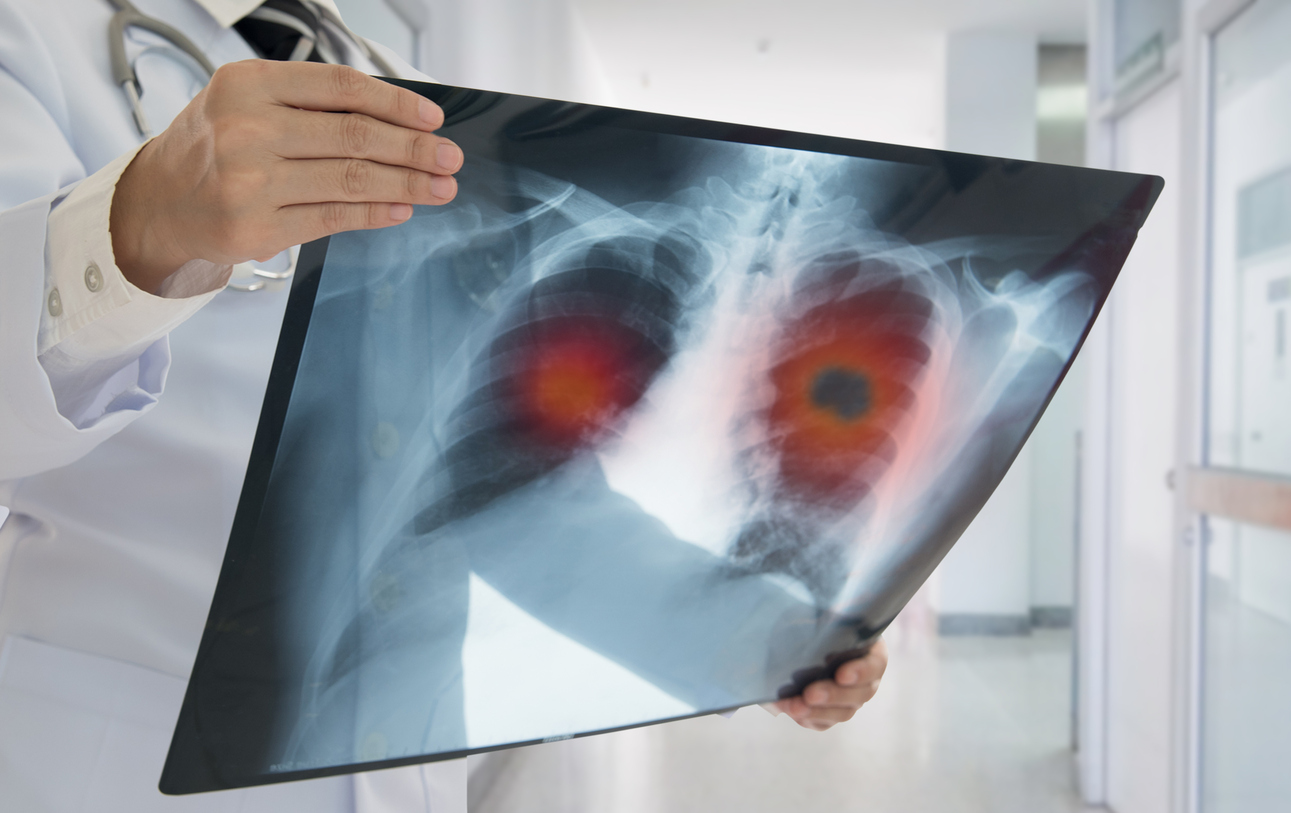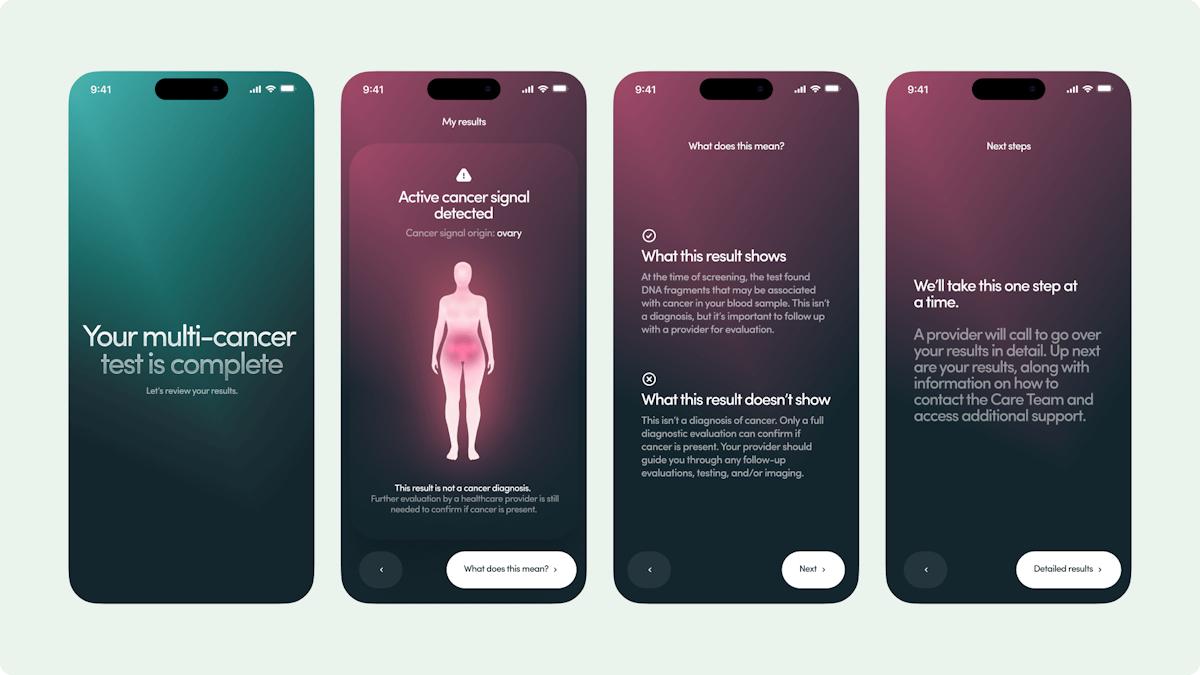UK sets aside £248m to "digitise" NHS diagnostics

The UK government has announced £248 million in spending over the next year for a project to make it easier for patient test results and scans to be shared between hospitals, labs and GP surgeries.
The aim is to "digitise diagnostics care" across the NHS, reducing the time it takes to diagnose health problems and get treatment started earlier, helping to address the massive backlog in care caused by the pandemic, according to a Department of Health and Social Care (DHSC) statement.
The investment is part of previously announced funding allocated to the NHS in the 2020 Spending Review, which included £325 million for new diagnostic imaging equipment.
There are currently almost 6 million people waiting for NHS appointments across all specialities in England, with around 300,000 facing a wait of a year or more, according to figures from LCP's NHS waiting list tracker.
The cash will fund new technology that will allow imaging specialists looking at a scan or X-ray to review high-res images remotely without needing to be in an imaging lab, 24 hours a day, according to the government.
It will also be used to provide a tool to help GPs and other clinicians choose the most suitable scan for their patient based on symptoms and medical history, so as to reduce "inappropriate" requests made to radiology departments, it added.
NHS medical director Prof Stephen Powis said the number of patients waiting for a diagnostic test has started to fall for the first time in a year, thanks to the rollout of new diagnostics centres, but warned of difficult times ahead.
"The NHS is facing a winter like no other with rising cases of COVID and flu as well as record demand for emergency services, all while we continue to deliver the biggest vaccination programme in health service history," he said.
The funding follows recommendations from Prof Sir Mike Richards' independent review of NHS diagnostics.
Published earlier this year, the review called for more capacity, changes to the way services are delivered including a shift away from centralised provision in hospitals, and digital connectivity, which Richards said was of "paramount importance."












